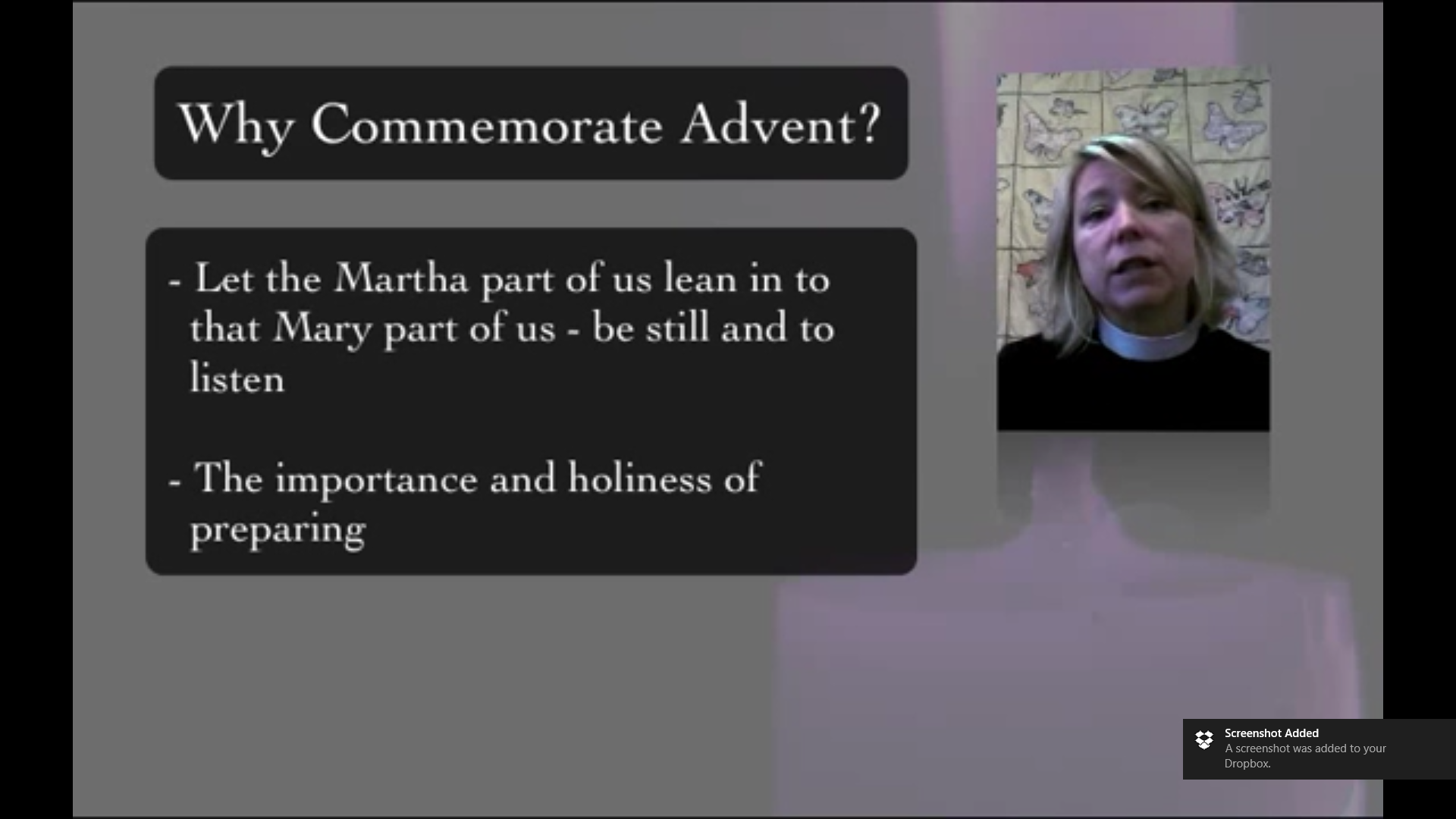
On Sunday, we launched Suzanne Ross’ class Violence, Myth, and Scripture For Individuals and For Groups. Suzanne, a respected author and lecturer, is co-founder of The Raven Foundation. In its own words, The Raven Foundation’s mission is: “to making religion reasonable, violence unthinkable and peace a possibility by spreading awareness of the transformative power of mimetic theory.”
Mimetic theory is explained beautifully both by Suzanne in the class and by the foundation on its website. The website offers fascinating ideas about how human beings learn what to desire, why conflict arises, and why we often respond to conflict with violence. In particular, it makes arguments about the human tendency to unite against a scapegoat — a target whom the community can blame as the source of its pain. it explains why attacking scapegoats regardless of their involvement in the evil in question feels perfectly reasonable and acceptable to the community — thus leading to much of the world’s violence. For this reason, the foundation is named after the raven — a bird that is as innocent of evil as any other bird, but one that has been blamed for centuries as a harbinger of evil.
The Raven Foundation’s goal is to explain this process and make people aware of our tendency to scapegoat so that we may recognize when we are making others into scapegoats and defuse our impulse to do so. Their website offers many resources in service of their mission: explanations of mimetic desire and scapegoating that include definitions, informational graphics, and videos; discussion of Christianity’s role in defeating the cycle of scapegoating and conflict; resources about mimetic theory; blogs discussing mimetic theory in connection with world events and religious ideas, and much more.
This website offers an interesting perspective on this innate impulse that human beings have — one that is so hard to eradicate — to attack others, especially unknown others. At this time in our culture, in which we are exploring racism and gender divisions and in which anti-Muslim propaganda is flourishing, this organization’s perspective seems particularly useful and relevant. Their website also offers exciting ideas about how God fits into our lives and particularly about why Jesus died on the cross and how that sacrifice was connected to our sins. This website is a unique and fascinating offering to online Christian learning, and it is well worth exploring.
To learn more about the website, click here. To learn more about Suzanne’s class, check out a preview.

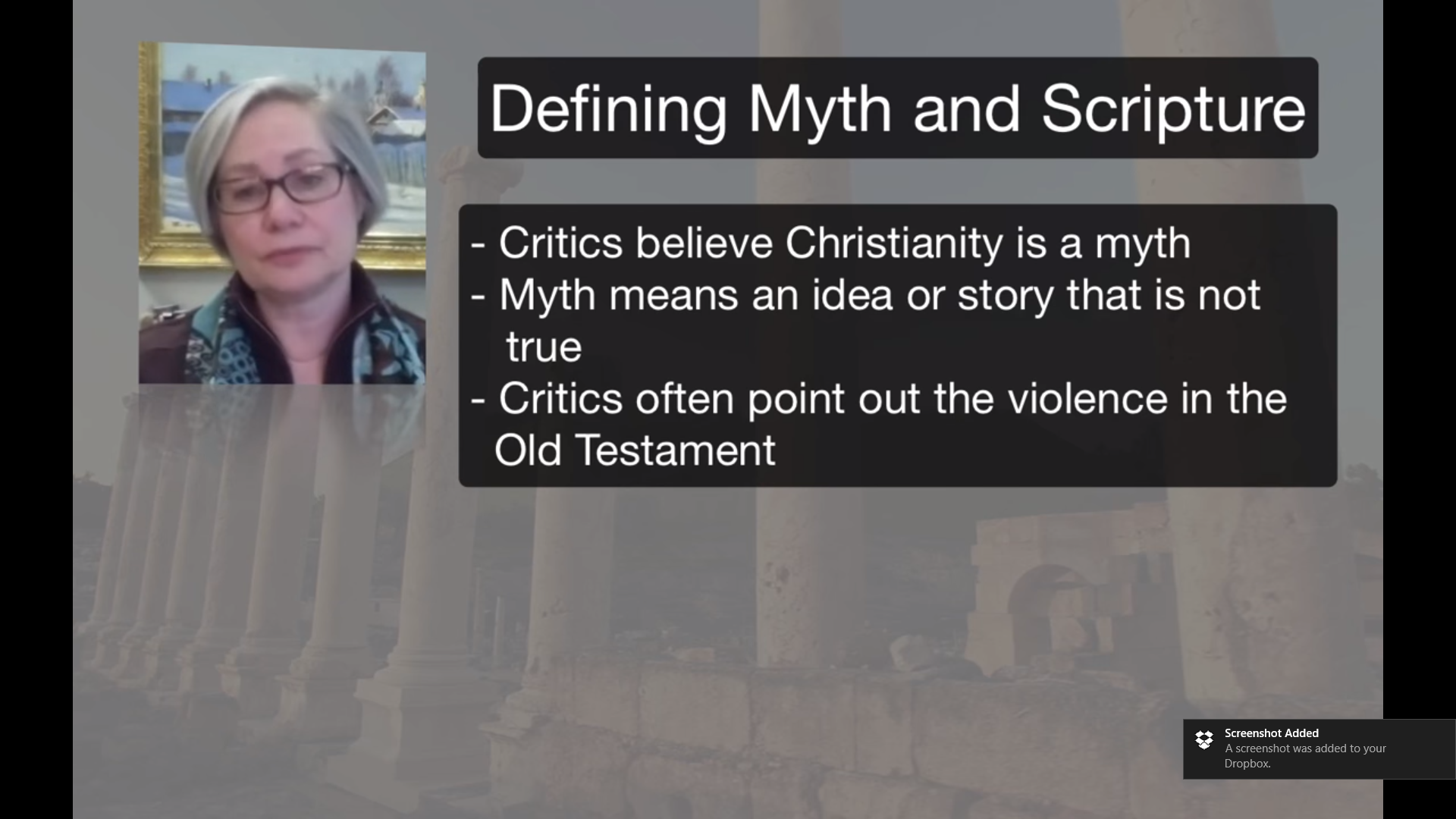
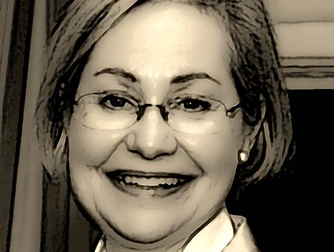


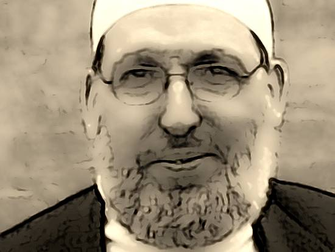
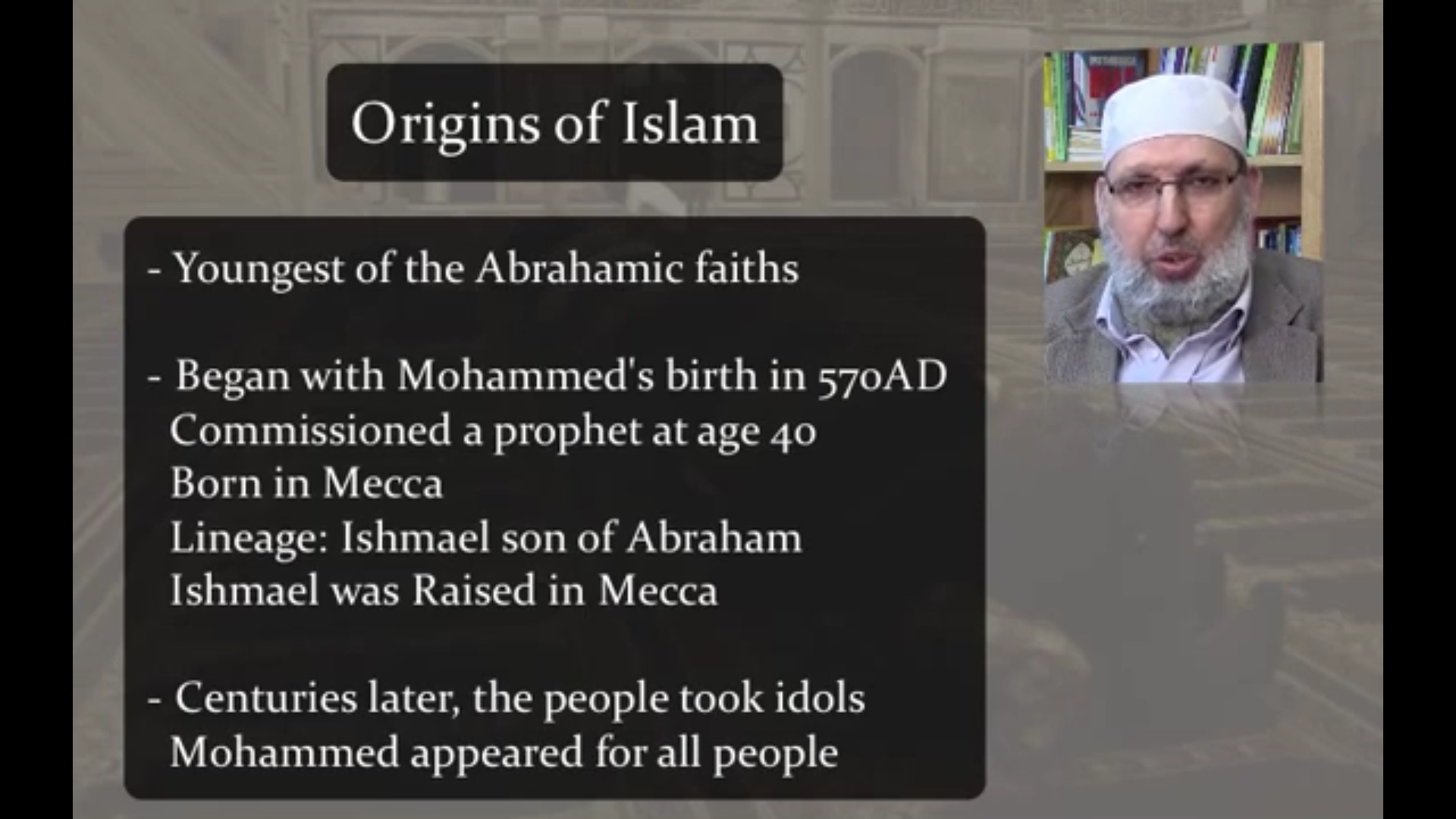

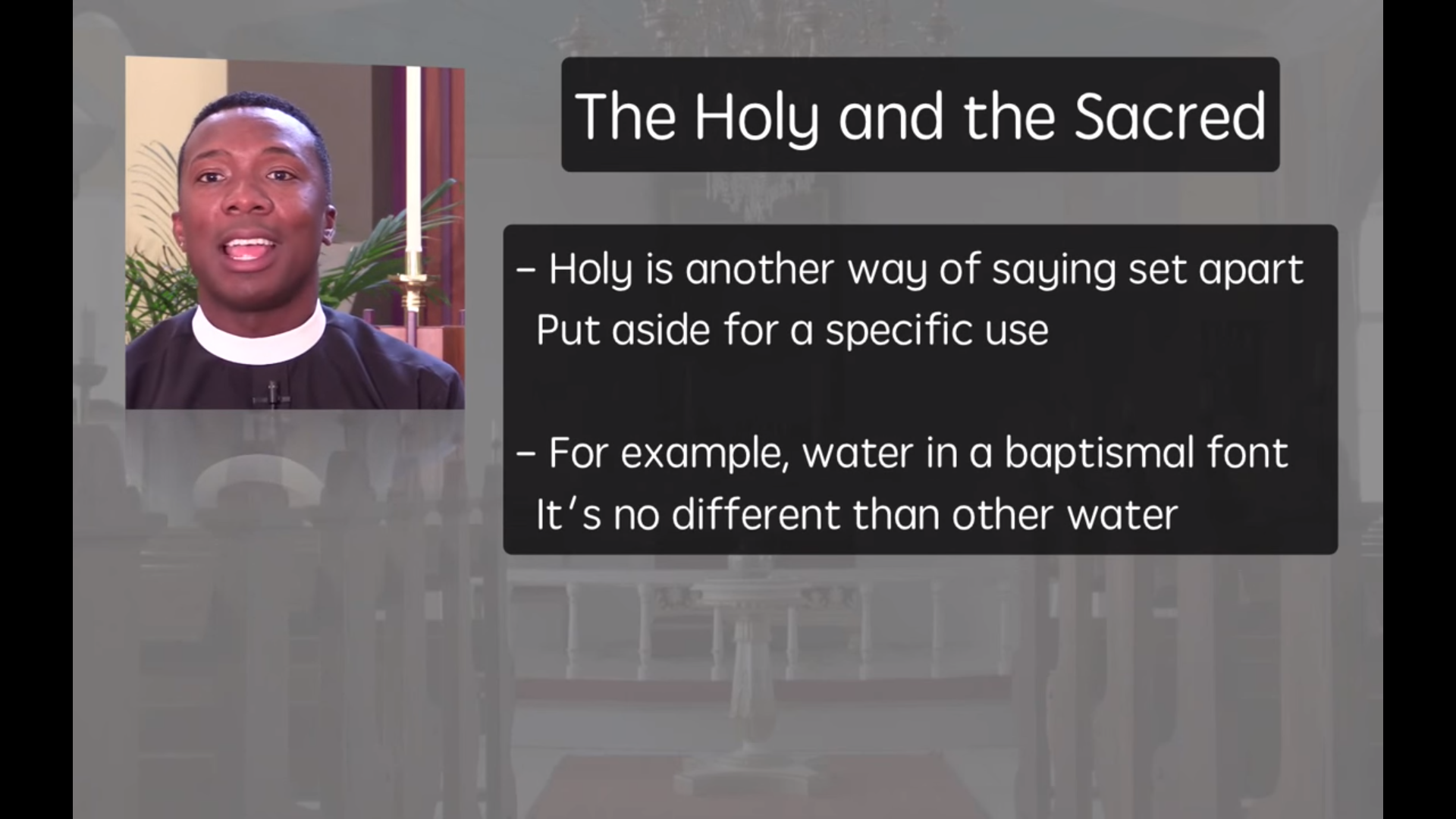

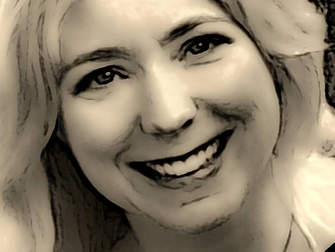
 which families can experience a fun and holy Advent season together. The class includes suggestions for ways to anticipate the coming of Jesus together through daily rituals, including a bonus page of ideas, and links to online resources. The Rev. Howe also offers guidance on how to handle with grace the consumerism that surrounds families during the holiday season.
which families can experience a fun and holy Advent season together. The class includes suggestions for ways to anticipate the coming of Jesus together through daily rituals, including a bonus page of ideas, and links to online resources. The Rev. Howe also offers guidance on how to handle with grace the consumerism that surrounds families during the holiday season.